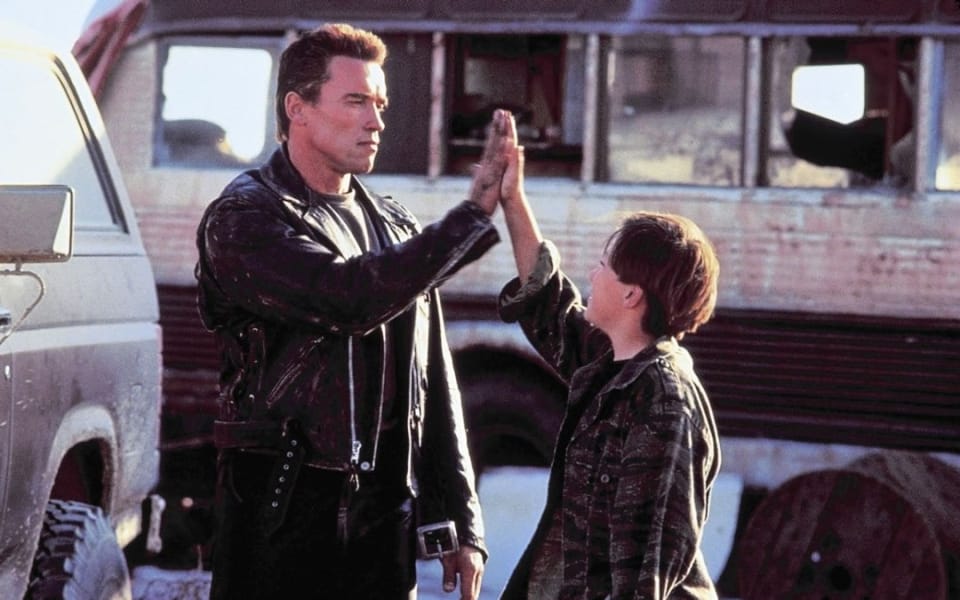People at a Premium

The latest freak out about AI coming to kill the creative class involves a startup called Fable Studio. While you may recall them from the South Park clone they made using AI last year, now they’re back with a platform to allow anyone to do the same basic thing called Showrunner. This will mark the 50th or so time that technology has destroyed Hollywood.
Look, we all get why the creative community is worried about this — the crushing of creativity, in ad form, if you prefer – to the point where they prolonged a strike to ensure more protections in this general realm. But my guess would be that this is all not only overblown, but that such technology will end up helping the industry in ways that seem impossible now but will be beyond obvious in hindsight. See also: the history of technology in Hollywood.
